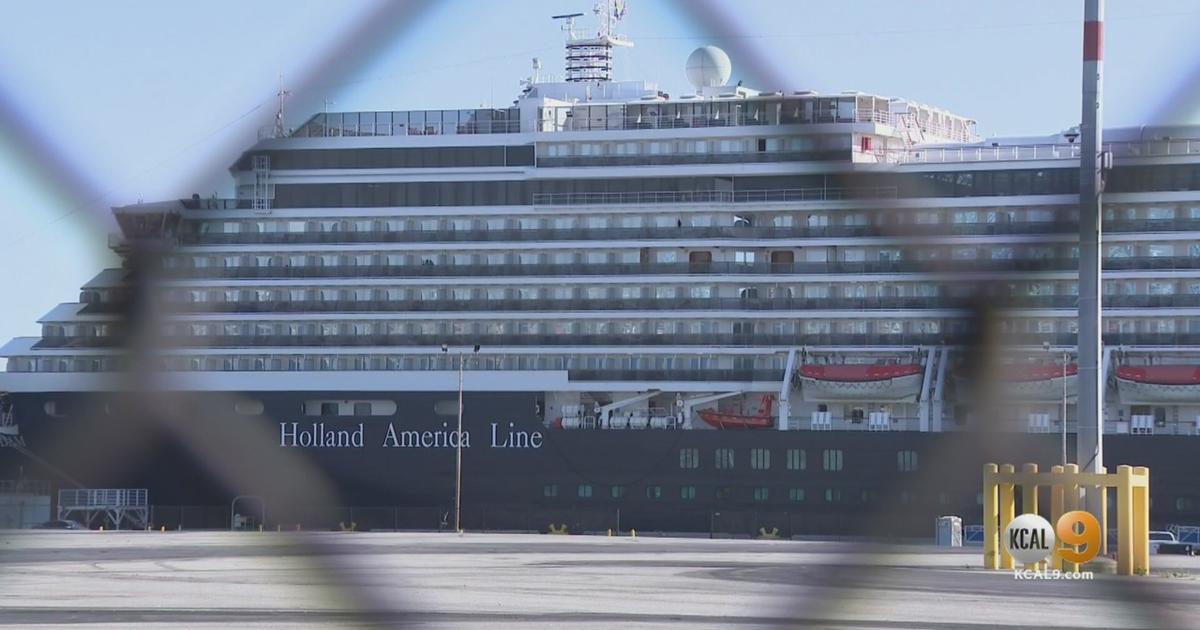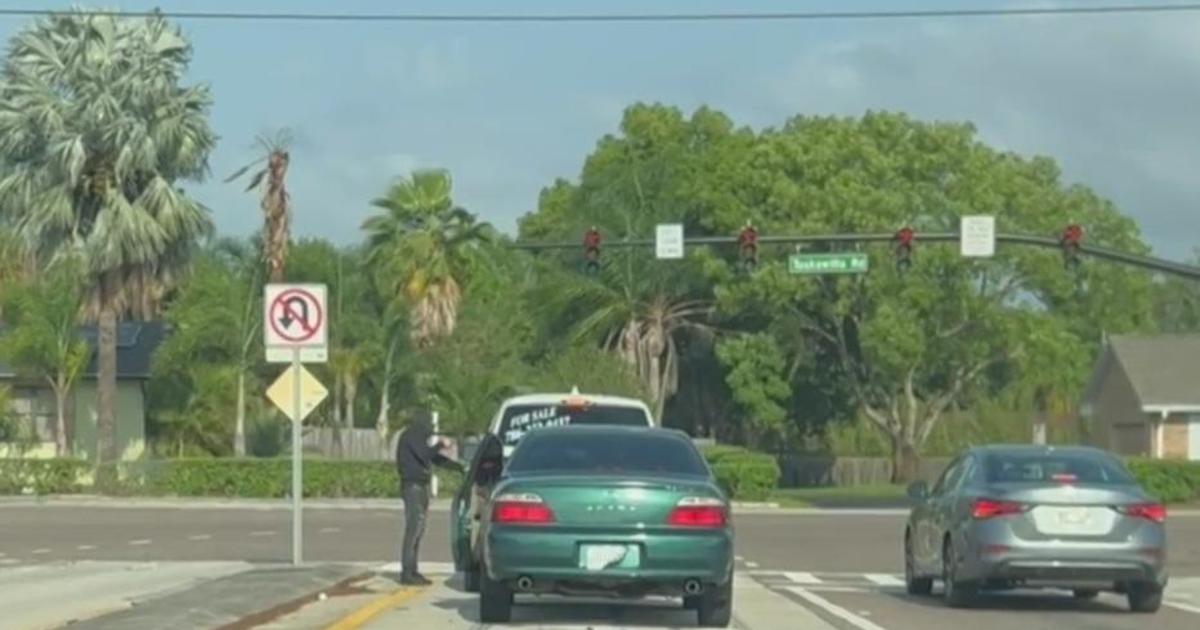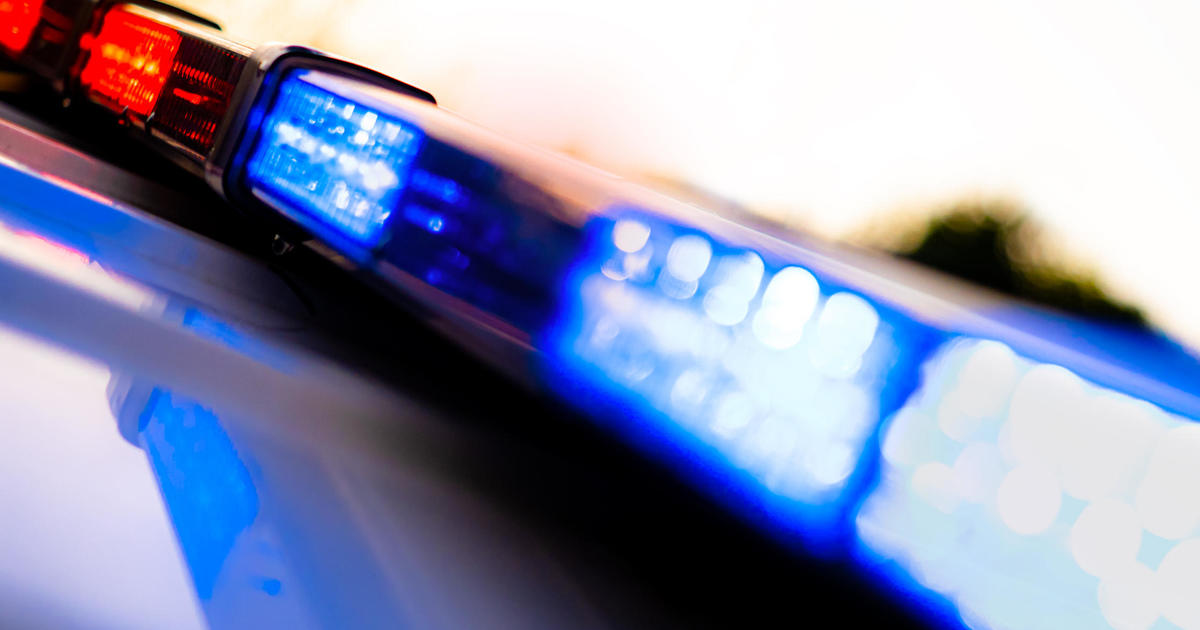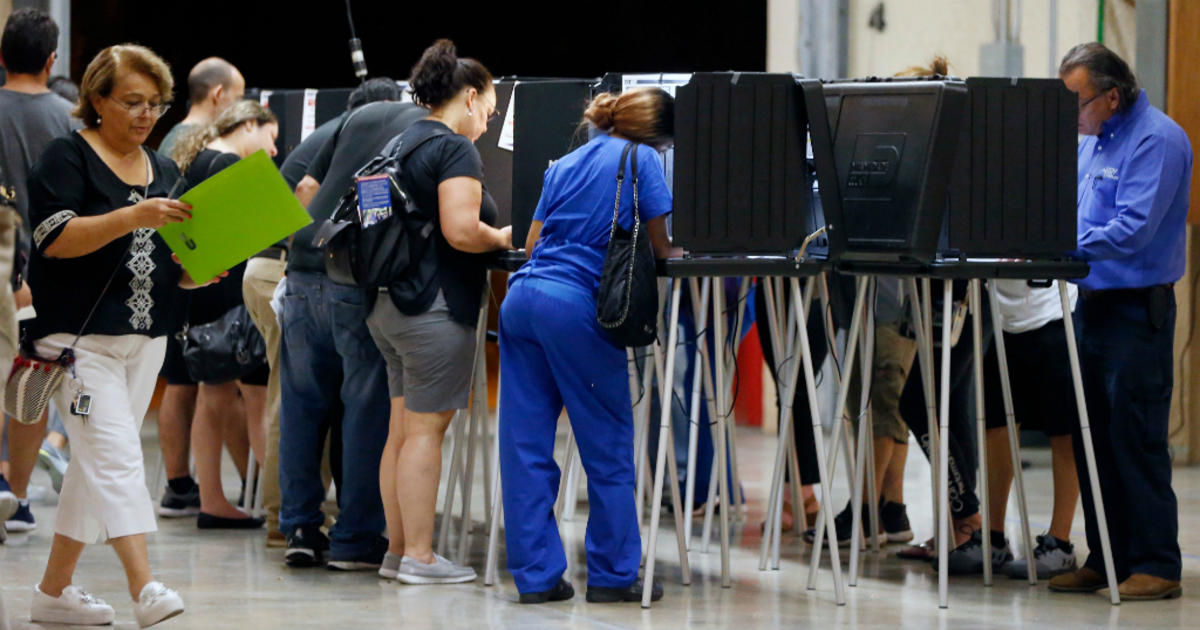Former Cuban Leader Fidel Castro Dead At 90
Follow CBSMIAMI.COM: Facebook | Twitter
MIAMI (CBSMiami) -- Cuban officials announced Fidel Castro has died at age 90, Cuban state media reported.
His brother, Raul Castro, announced his death Friday saying,
"Dear people of Cuba, with deep sadness I inform our people, the friends of our America and the world, that today, 25 November 2016, at 10:29 in the night, the commander in chief of the Cuban Revolution, Fidel Castro Ruz, has died. According to the will of comrade Fidel, his remains will be cremated. In the early hours of tomorrow, Saturday 26, the commission in charge of organizing the funeral will give our people detailed information about the organization of the post-mortem homage that will be paid to the founder of the Cuban Revolution. Until the everlasting victory, always."
Fidel Castro's revolution was fought in the mountains of eastern Cuba, and ended six years later when U.S.-backed dictator Fulgencio Batista fled the island.
COMPLETE COVERAGE: THE DEATH OF FIDEL CASTRO
More than half a century later, Cubans can look back and ask if they traded one dictator for another more brutal leader. It's an argument that has raged for decades and divided the Cuban people.
Gallery: The Death Of Fidel Castro
In the United States, no region has been impacted more by Castro's rule than South Florida, where hundreds of thousands of Cubans have settled since he took power.
Castro's revolution began on July 26, 1953 when his rebels attacked an army barracks in the city of Santiago. After being jailed and exiled in Mexico, Castro hid in the mountains of the Sierra Maestra, telling an American journalist that his struggle would end in Cuba's capitol. His promise proved true on January 1, 1959 when Batista, who had lost critical US arms support, fled Cuba.
Castro, who was born into a privileged Cuban family and studied law at the University of Havana, promised an open society, free elections and claimed to want close ties with the United States. Castro's leftist ideology, however, soon put him on a collision course with the U.S. It wasn't long before Cuba found itself allied with the Soviet Union at the height of the Cold War.
In 1961, a force of Cuban exiles attacked Cuba at the Bay of Pigs, but without promised American air cover and no uprising inside the island in support of the rebels, the expedition was crushed by Castro's forces.
The Cuban Missile Crisis brought the world to the brink of nuclear war after Soviet missiles pointed at the U.S. were deployed in Cuba. President Kennedy responded with a naval blockade of the island. The Soviets blinked, removing the missiles from Cuba in exchange for U.S. assurance not to intervene military on the island.
Castro's revolution saw thousands of Cuban exiles flee in freedom flights. Most of those refugees settled in South Florida, never losing their disdain for the bearded dictator who uprooted their lives.
Washington retaliated to Castro's ties to the Soviet Union and expropriation of U.S. property in Cuba by imposing an economic embargo against the island and cutting off normal diplomatic relations. Many believe those U.S. policies gave Castro an excuse to crackdown on dissidents and further isolate the Cuban people from the outside world.
Castro's revolution saw an ambitious education program in rural areas, as well as expansion of health care and an effort to make racial integration a reality. Castro claimed he wanted to create a new man who was part of a socialist society, but critics say a white elite continued to rule Cuba, and an underground economy flourished amid Castro's communist economic doctrine.
Castro's new society had no room for dissention. Over the years Cubans have escaped anyway they could, taking advantage of U.S. laws that allow any Cuban arriving in the U.S. to receive permanent U.S. residency within one year of arrival. In 1980, 125,000 Cubans arrived on the Mariel Boatlift, and thousands more during the rafter crisis of the 1990's.
Castro was never able achieve economic prosperity in Cuba even during the many years his economy was subsidized by the Soviet Union. Those subsidies ended with the fall of the Berlin Wall, forcing Cuba's economy to hit rock bottom. Cubans turned to the black market and prostitution ran rampant on the streets as Cubans did anything they could to get their hands on hard currency.
In 2002, CBS4's Eliott Rodriguez interviewed Castro at a trade fair in Havana. Asked if the food Cuba was allowed to purchase under an exemption to the trade embargo was actually getting to the Cuban people, Castro said it was. He denied reports that said the food was going to tourist hotels to bring in money for the government. Eliott Rodriguez also asked Castro about the Varela Project, a petition drive calling for free elections in Cuba. Castro said Cuba already had a system of elections in place that allowed a large majority of Cubans to vote, unlike the U.S. where election turnouts are often very low.
In his later years in power, Castro traded fatigues for business suits. In 1998, Castro hosted Pope John Paul II, who urged Castro to allow more religious freedom in Cuba. The pope also criticized the U.S. trade embargo.
On July 31, 2006, Castro stepped aside after reports that he suffered intestinal bleeding that required life-saving surgery. Power was delegated to Raul Castro, who officially took power two years later. Raul Castro has led Cuba ever since.
Fidel Castro has been a divisive figure in South Florida, where exiles cheered when he stepped down in 2006 and many proudly said they looked forward to word of his death. While those are harsh feelings, they date back more than half a century when Castro became a revolutionary legend to some and tyrannical dictator to others.



